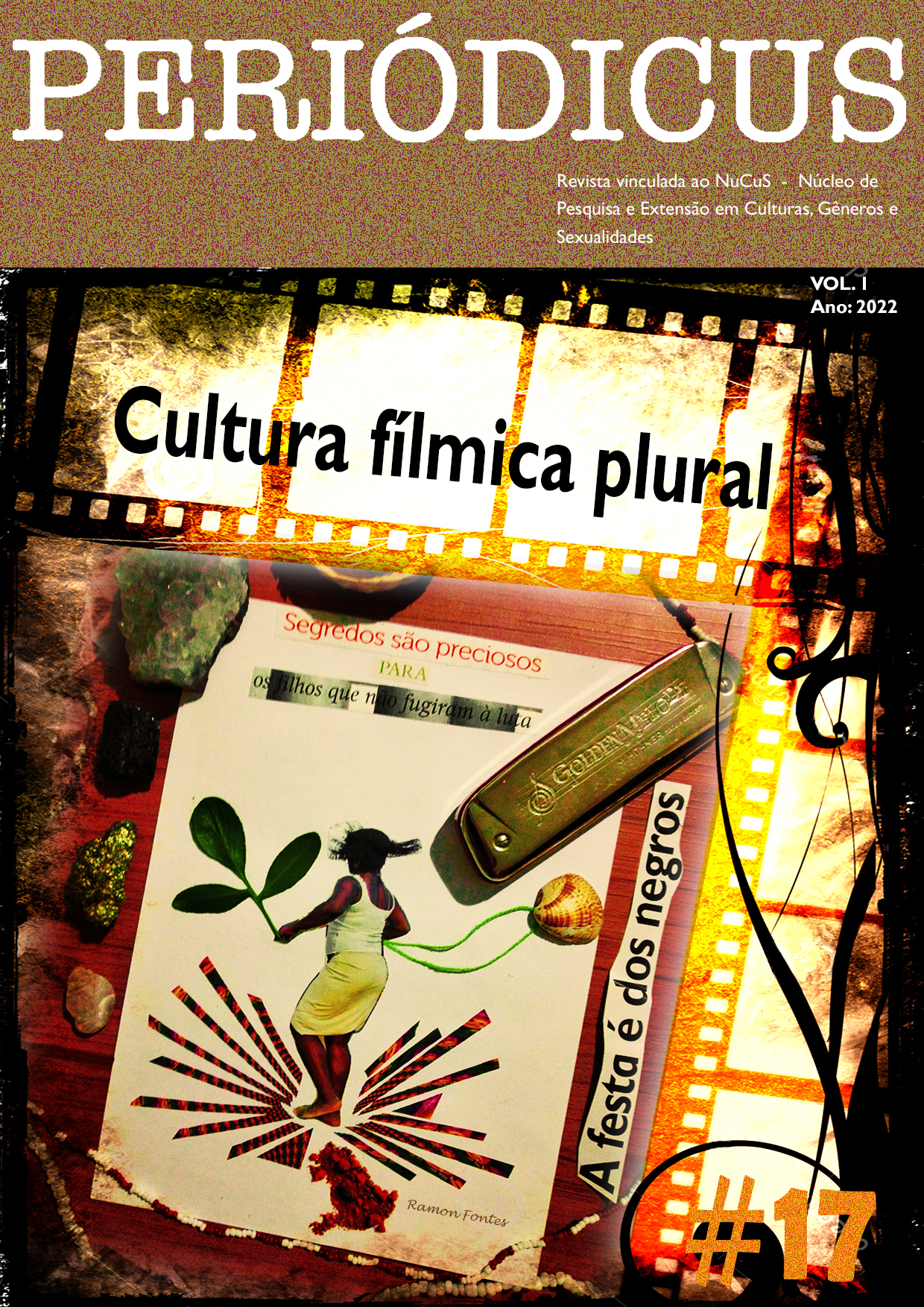The insecurity of the cystem as an impasse for the effectiveness of the criminalization of homotransphobia at Rio de Janeiro
DOI:
https://doi.org/10.9771/peri.v1i17.45278Abstract
The criminalization of homotransphobia represents an advance for the LGBTI+ agenda, however, the protection of those who are victims of such violence is limited to a certain profile and ignores relevant social realities that make it impossible to achieve its goals. Based on data from crime reports collected by the Civil Police of Rio de Janeiro, from Instituto de Segurança Pública, Rio Sem Homofobia and Grupo Arco Íris, which were systematized by Aliança Nacional LGBTI, the research seeks to understand some gaps left by the application of the law that criminalizes racism to these cases, as well as the still existing impasses for the effective protection of LGBTI+ people by public agents. A socio-legal approach is used, based on queer, decolonial and transfeminist theory.
Keywords: Homotransphobia. Criminalization. Cystem.
Downloads
Downloads
Published
How to Cite
Issue
Section
License
Copyright (c) 2022 Germana Mello, Aryel Raphaela Guimarães Amaral de Sá, Iasmin de Oliveira Brustolini, Luis Felipe Lopes Costa, Marcos Vinícius Morais Moreira

This work is licensed under a Creative Commons Attribution-NonCommercial 4.0 International License.
Authors who publish in this journal agree to the following terms:
Authors retain copyright and grant the journal the right of first publication, with the work simultaneously licensed under a Creative Commons Attribution Noncommercial License that allows the work to be shared with acknowledgment of authorship and initial publication in this journal, but prohibits commercial use.
Authors are authorized to enter into separate additional contracts for non-exclusive distribution of the version of the work published in this journal (e.g., publishing in an institutional repository or as a book chapter), with acknowledgment of authorship and initial publication in this journal.
Authors are permitted and encouraged to publish and distribute their work online (e.g., in institutional repositories or on their personal website) at any point before or during the editorial process, as this can generate productive changes and increase the impact and citation of the published work (see The Effect of Open Access).








